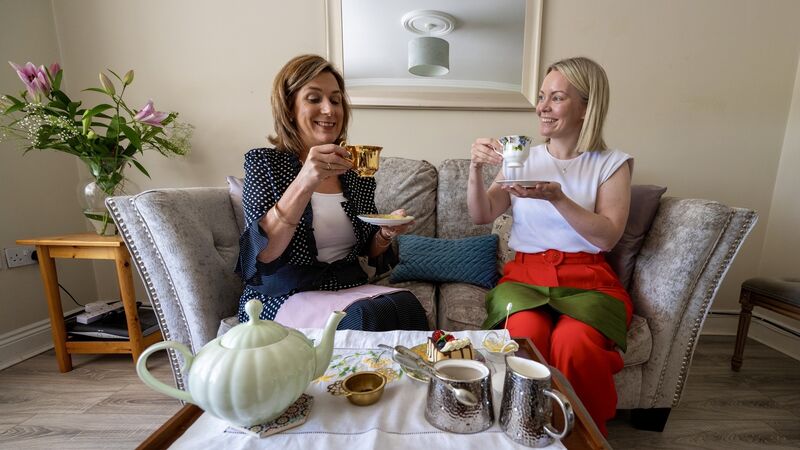A lesson in modern manners: ‘People think etiquette is all knives and forks, but it’s so much more’

Patricia Maybury guides Emer Harrington through the etiquette of taking tea during a relaxed and refined moment in her Cork home. Picture: Chani Anderson










